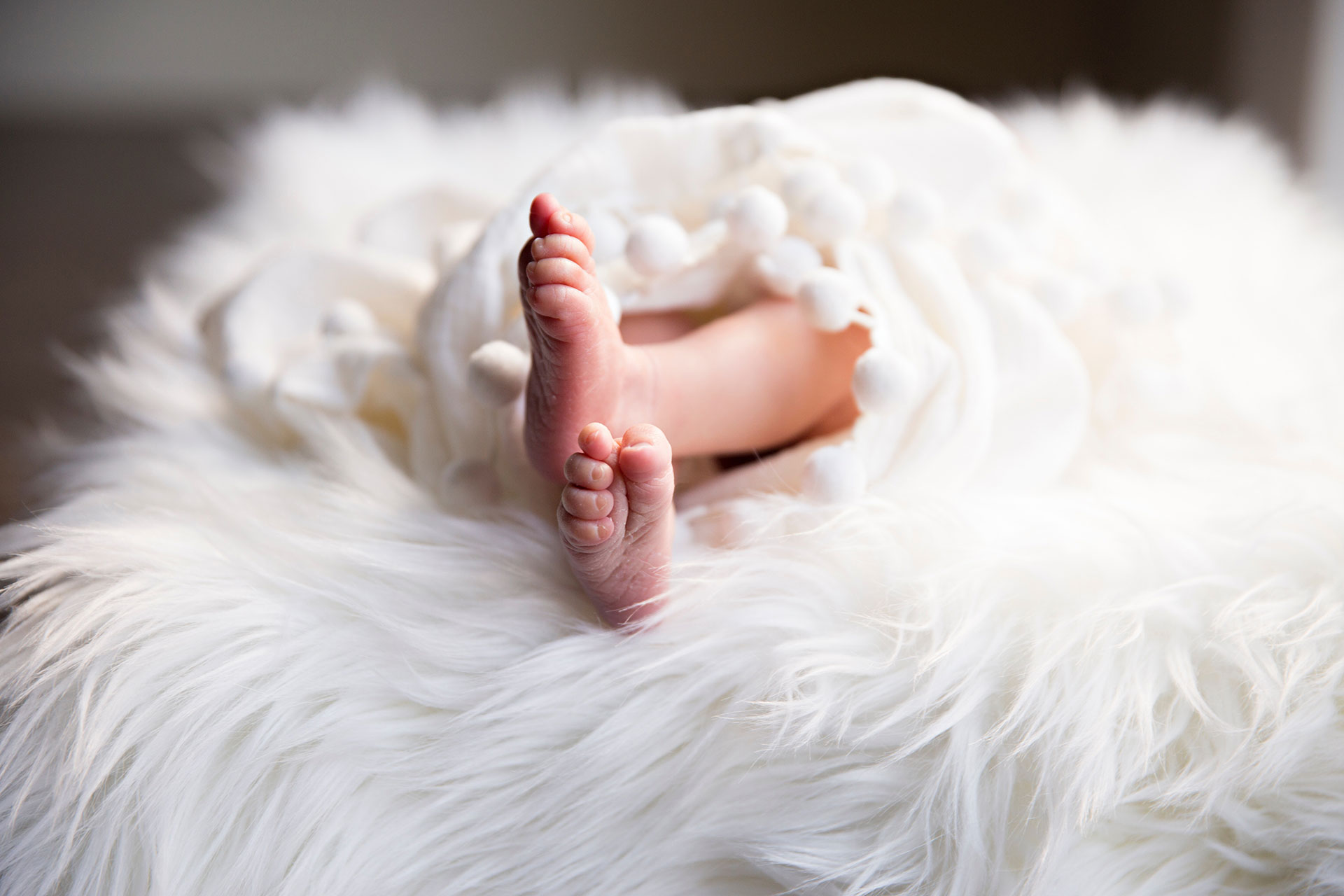 Source: bing.com
Source: bing.comTable of Contents
Introduction
Welcoming a new baby into the world is one of the most exciting moments for any parent. However, it can also be overwhelming, especially for first-time parents. There are so many things to learn, and the first three months are crucial in terms of baby development. During these initial few weeks, your baby will undergo significant changes that will shape their future growth and development. This article will guide you through the different stages of baby development from birth to three months, what to expect, and how you can support and encourage your baby’s growth.
First Month
The first month of your baby’s life is all about adjustment. Your baby is adjusting to life outside the womb, and you are adjusting to your new role as a parent. Your baby will spend most of their time sleeping, eating, and being comforted. Your baby’s vision is blurry during this stage, and they can only see objects that are 8-10 inches away. They can distinguish light from dark and track moving objects with their eyes. They can also turn their head to follow sounds and voices.
At this stage, it’s essential to establish a feeding routine. Whether you’re breastfeeding or bottle-feeding, your baby needs to eat every 2-3 hours. Your baby’s stomach is small, and they can only consume a small amount of milk at a time. If you’re breastfeeding, make sure your baby is latching on correctly, and they’re getting enough milk. If you’re bottle-feeding, make sure the nipple size is appropriate for your baby’s age.
Your baby will also start to develop some physical abilities during their first month. They can grasp your finger, and their reflexes are becoming more apparent. They will also start to lift their head briefly while lying on their stomach.
Second Month
During the second month, your baby starts to become more alert and responsive. They will spend more time awake and less time sleeping. Your baby’s vision will also start to improve, and they can see objects at a distance of up to 18 inches. They can also recognize familiar faces and objects, including their own hands. Your baby will start to smile, coo, and make different sounds that indicate their happiness and contentment.
At this stage, your baby’s physical development will also progress. They will be able to lift their head for more extended periods while lying on their stomach, and they can also turn their head from side to side. Your baby will also start to kick their legs and move their arms with greater control.
Third Month
During the third month, your baby becomes even more interactive and engaging. They can communicate through various sounds, and they might even start to babble. Your baby’s social skills will also start to develop, and they will smile and interact with people they know.
Your baby’s physical development will also continue to progress. They will be able to hold their head up steadily and push up with their arms when lying on their stomach. Your baby will also start to reach for objects with greater accuracy and coordination.
Conclusion
The first three months of your baby’s life are crucial in terms of development. It’s essential to be patient and supportive during this time, as your baby adjusts to life outside the womb. Remember to establish a feeding routine, encourage tummy time, and engage in activities that support your baby’s growth and development. With the right care and attention, your baby will thrive and develop into a happy and healthy child.
Frequently Asked Questions
Q: How often should I feed my baby during the first three months?
You should feed your baby every 2-3 hours during the first three months. Your baby’s stomach is small, and they need to eat frequently to maintain their energy and growth.
Q: When can I start tummy time with my baby?
You can start tummy time with your baby as soon as they’re born. Start with short periods of time and gradually increase as your baby gets older.
Q: How can I encourage my baby’s development during the first three months?
You can encourage your baby’s development by engaging in activities that support their growth, such as tummy time, reading, singing, and playing with toys. It’s also essential to establish a routine and provide a nurturing and supportive environment.
Q: When will my baby start to smile?
Your baby will start to smile during their second month. Smiling is a sign that your baby is happy and content.
Q: How can I tell if my baby is getting enough milk?
You can tell if your baby is getting enough milk by monitoring their weight gain, diapers, and feeding patterns. If you’re concerned, contact your pediatrician for guidance.
